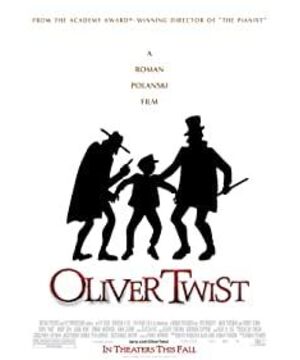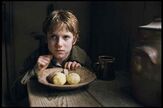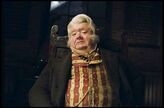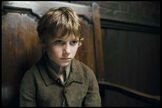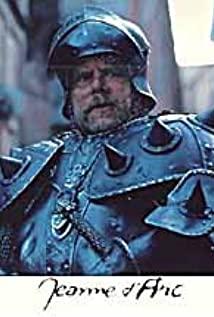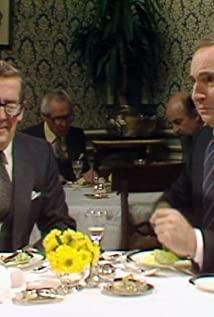First of all, the picture quality is good. This is not only because it is new, but also has something to do with the director's intentions. The overall tone of the new version is also gloomy, but it is obviously much brighter than the old version, with thick colors and a sense of oil painting. And the selection of scenes is much richer than the old version. The scenes of the countryside, the London countryside and the foggy streets are beautifully chosen.
Second, the characters are more full-bodied. In this film, Oliver's plays are more than in the old version, and they basically run through the whole film, which is relatively clear and complete. Oliver's kind personality and natural elegant temperament are well expressed. This is a ten-year-old child who has been bound by fate and has experienced hardships. It is indeed difficult to show his other characters. It's no wonder that in movies, in all Dickens' novels, Oliver may be the weakest protagonist, which is determined by his age and experience.
In the new version, Fagin's scenes are also better, and his relationship with Sykes is more clearly explained.
Third, the new edition also deleted the original work. It is estimated that the first is the capacity problem; the second is that in the original book, Oliver was forced to enter the house and rob the manor and live in the manor. The old version is to change the identity of the old gentleman Brownlow from the old friend of Oliver's father in the original book to Oliver's grandfather. This simplification still seems too coincidental. The new version is more succinct, leaving questions about Oliver's origins out of the way. It's a lot neater this way, and indeed, the original (and old movie) references to Oliver's half-brother and his relationship do seem a bit cumbersome, his half-brother colluding with Fagin and Sykes The clues that harmed Oliver did not blend well with the main line of the story.
The new version throws away all these mysteries of life experience, and simply tells the story of an orphan and a kind old gentleman. The old gentleman finally accepted him as his adopted son, which finally reassured the audience. No matter what kind of life Oliver is, his character and temperament (melancholy, quiet, introverted, docile, kind, and refined) should indeed be a child of a good family.
The new version absorbs the original book better, and respects the original book for important dialogues, scenes and detailed descriptions. In the end, the scene where Oliver, who was abandoned by the old version, went to prison to visit Fagin, the thief who had taken him in and had been hanged, was preserved. This scene is very touching, and adds another color to Oliver's character, so that Oliver is not just a child who is arbitrarily played by fate, but also shows his kindness, tolerance and compassion. This is also the most distinctive feature of the characters and plots in Dickens' novels. If you keep this scene, it will have more Dickens flavor.
In the new version, the actor who plays Little Oliver is more popular, with a delicate and melancholy face and pure eyes, which are in line with the character's personality.
The picture is really beautiful, and the director won an Oscar for directing The Pianist.
The end of the film is very well handled. In the sunshine, the old gentleman Brownroll takes Oliver's hand and walks to a mansion in the middle shot. The picture gradually turned into hard strokes, followed by hard pen sketches of 19th-century London world scenes, as if to tell the audience that the vivid scenes just now were buried deep in the past. All that faded, faded. The people of the past have gone, and the white clouds have thousands of years. Unforgettable.
Dickens was a great writer, I would call him a "genius writer". A person who has left people with cultural treasures, until almost a century and a half later, will attract many people to re-interpret his works with respect and earnestness, and will attract many people to enter the world of stories created by him with anticipation. It will make a lot of people feel embarrassed. That's what makes Dickens great. He is an important signpost in the human cultural journey. To paraphrase a phrase that everyone over the age of 40 is familiar with - be like this.
View more about Oliver Twist reviews


